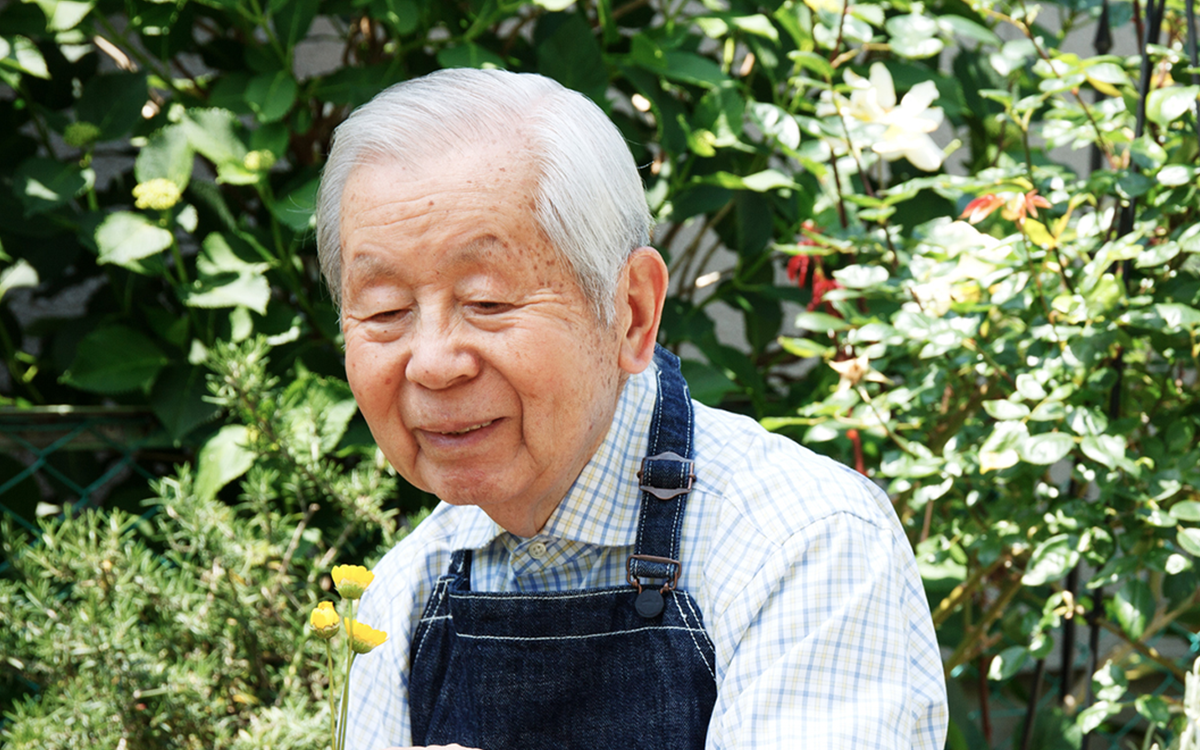Sensory experiences, such as smell, taste, and appetite, tend to change over time. These changes can sometimes result in a decreased interest in food among seniors. Nevertheless, one effective strategy to enhance their culinary enthusiasm is by infusing herbs and spices into their meals.
This simple approach not only improves the flavours of dishes but also elevates mealtimes into delightful experiences for seniors.
Herbs and spices aren’t just about taste; they also bring a bouquet of health benefits, making them a smart choice for seniors who need to manage sodium intake or adapt their dietary habits, however it is important for individuals taking medication to consult with their doctor to ensure there is no negative impact on the efficacy of the treatment.
By incorporating these natural ingredients into meals, seniors can diversify their diets while reaping the health advantages they offer.
Here are six herbs and spices that can revitalize senior meals:
Rosemary
This herb boasts a woody, sage-like flavor with subtle hints of lemon and mint, imparting depth to various dishes. Beyond its culinary applications, rosemary can be used to create herbal teas and topical oils. Remarkably, it contains compounds that may aid in enhancing memory and mood, making it a valuable choice for seniors keen on maintaining cognitive function.
Turmeric
With its slightly bitter and earthy taste, turmeric has gained popularity in recent years due to its anti-inflammatory properties. It contains curcumin, a compound known to reduce inflammation and improve joint health. Seniors may find turmeric beneficial for managing conditions like arthritis and other inflammatory issues.
Cinnamon
Renowned for its sweet and warm notes, cinnamon is a versatile spice employed in baked goods, desserts, and various beverages. It also offers health advantages by helping regulate blood sugar levels, making it an invaluable tool for seniors striving to manage type 2 diabetes or related blood sugar conditions.
Thyme
Boasting a lemony, slightly sweet, and well-balanced flavor, thyme is a versatile herb that enhances an array of dishes. It is also rich in vitamins and minerals essential for immune health. Thyme’s compounds have demonstrated antiviral, antibacterial, antifungal, and antiseptic properties, making it an excellent choice for seniors seeking to bolster their wellness.
Basil
With its sweet and slightly peppery profile, basil adds a refreshing dimension to salads, sauces, and other culinary creations. Moreover, basil is packed with antioxidants and possesses anti-inflammatory properties, which help reduce oxidative stress associated with health issues like cancer, heart disease, rheumatoid arthritis, and diabetes.
Ginger
Known for its spicy, slightly sweet flavor and invigorating aroma, ginger is a popular addition to a wide range of dishes, as well as baked goods and beverages. It offers various health benefits, particularly in supporting digestive health. Compounds in ginger can alleviate nausea, bloating, gas, and improve digestion, making it a welcome choice for seniors dealing with digestive issues.
To ensure the ongoing freshness and flavor of these ingredients, it’s crucial to store them correctly. Dried herbs and spices should be kept in airtight containers away from heat and light.
Fresh herbs can typically be stored in the refrigerator, wrapped in a damp paper towel. Furthermore, caregivers from Senior Helpers can assist seniors in experimenting with new spices and seamlessly incorporating them into their meals.
Encouraging seniors to explore new flavors within their dietary constraints can be both enjoyable and advantageous.
From enhancing memory with rosemary to reducing inflammation and improving joint health with turmeric, the possibilities for elevating senior meals with herbs and spices are limitless.




